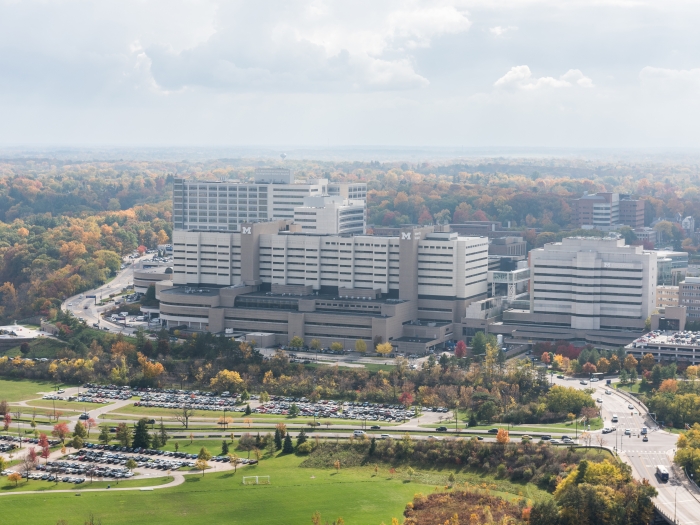Poetry.
Before you skip over this post because of the previous sentence, I want you to think about something that fascinated you far more than you thought it would. That's what I think poetry is for most people: that interesting thing that they never knew existed. I truly, maybe a little naively, believe that those who don't like poetry just haven't been exposed to the poems that they would like. And there's a lot of poetry out there, far more than what the volumes on that one shelf at your nearest major book retailer might suggest. (I had originally titled this post "The poetry section at major bookstores makes me really sad," but then I realized that THAT was one way to make sure no one reads this post!)
I recently finished Step 2. I'm officially an M4 now. Like the characters in the title short story I recently read from Anthony Doerr's amazing 2002 collection The Shell Collector, who are bitten and rendered briefly comatose by a venomous sea snail, I'm in shock. I took Step 2 on Monday, and for the past three days, all I've done is read (I'm on my vacation month). They say that there are two types of people: those who read to remember, and those who read to forget. What about those who read to figure out what they want to do for the rest of their lives? In which camp do the nuances of that desire fall?
In truth, I know what my next four years will look like. I am ecstatic to have found, through my M3 year, the medical field that I will go into. I also know that I will be writing poetry. And here is where a less stubborn version of myself might throw up her hands and say, "This- this is not happening" -- "This" meaning a career path that lets me combine my love of medicine and poetry into something that (can I say this without sounding completely delusional) could be helpful to both fields. I can't say that it's been easy so far-- being a medical student and a writer. "I'm a poet" is not something that I volunteer on the wards, mostly because that's like randomly telling people that you love kayaking or have a fondness for turtles in the middle of a conversation about your career ambitions. Because, despite the successful integration of creative pursuits and medical careers by physician-writers such as Atul Gawande, Amit Majudar, C. Dale Young, Rafael Campo, and so many, many more, creative writing is still seen as being separate from medicine, as evidenced by the furrowed brows and blank stares I've received on clerkships in response to the phrase "I write poetry" (sometimes also to the phrase, "I like to write," at which point I'm like, This...is going to be a long two weeks). When I'm feeling adventurous, I will tell attendings or residents that I write poetry, but for the most part, I don't bring it up unless asked about hobbies or interests outside of medicine (and instead use my energy to plan events that integrate medicine and the arts, like this one with the poet and internist Rafael Campo back in March: http://www.literatibookstore.com/event/site-humanism-and-ethics-night) Small but gradual change!
What this gap between medicine and the arts boils down to, for me, is an awareness gap. Just as you might hypothetically think that all the poetry in the world is of one homogeneous note if you only consider the poems in your high school literature textbook (was going to write, "the poetry section at the major book store," but then realized that probably NO ONE besides writers look at, and cry over, that section), so might physicians, when it comes to possibilities within a medical career. What does this mean for me, an M4? As I go through this year, I hope to continue to work with the Medicine and the Arts Program to plan events that bring physicians and medical students together with writers. I'll work on my IMPACT project, a collection of poems about dementia (more about that in a later post). I'll mentor some of my peers within the Medical Humanities Path of Excellence, for which I'm planning a lesson that involves reflection and writing. I'll continue to learn, and think, and write. It's unfamiliar territory for most, but that's what makes it exciting--at least, definitely, to me!
~
Ting Gou is an M4. Her first collection of poems, The Other House, is forthcoming in the Delphi Poetry Series from Blue Lyra Press this November. Her poems have been nominated for the Pushcart Prize three times and can be found in various literary and medical journals.

Department of Communication at Michigan Medicine
Want top health & research news weekly? Sign up for Health Lab’s newsletters today!





